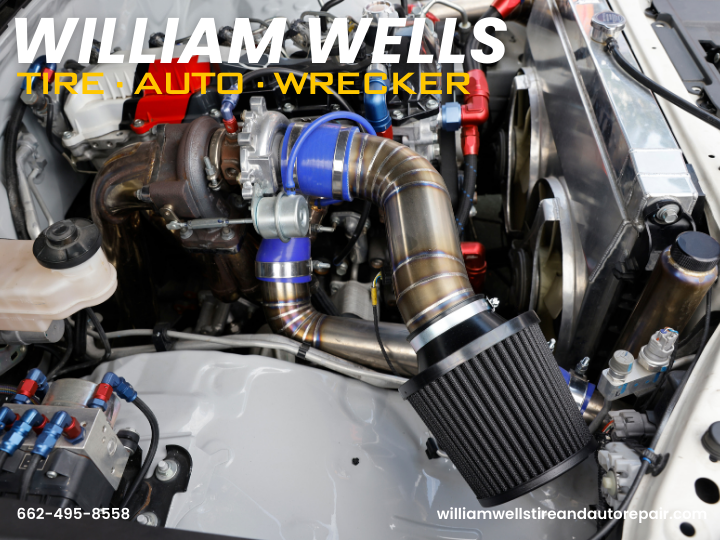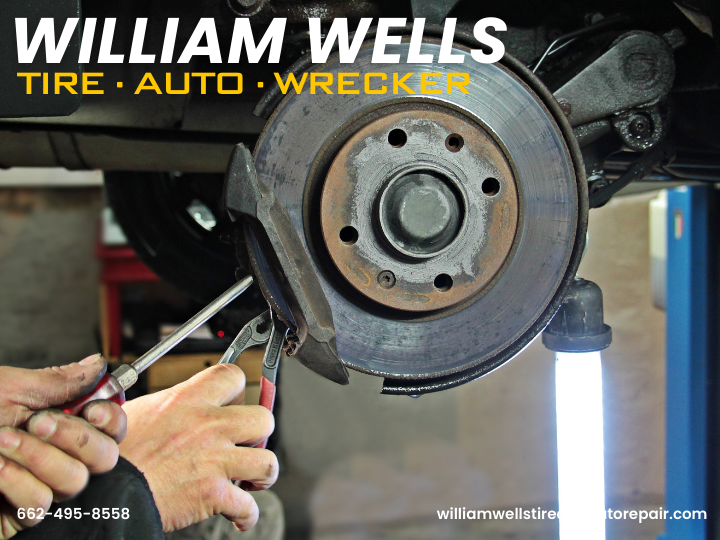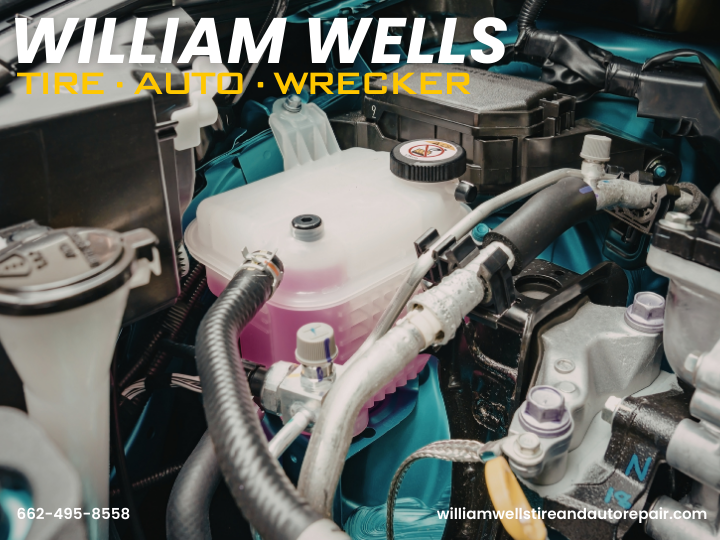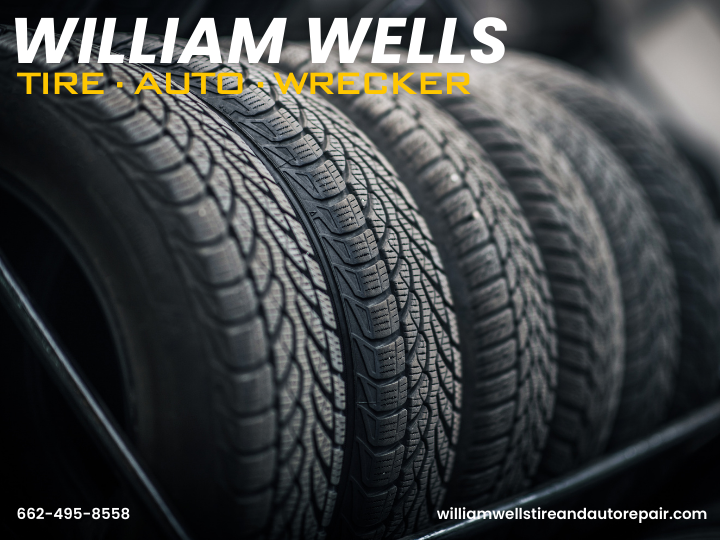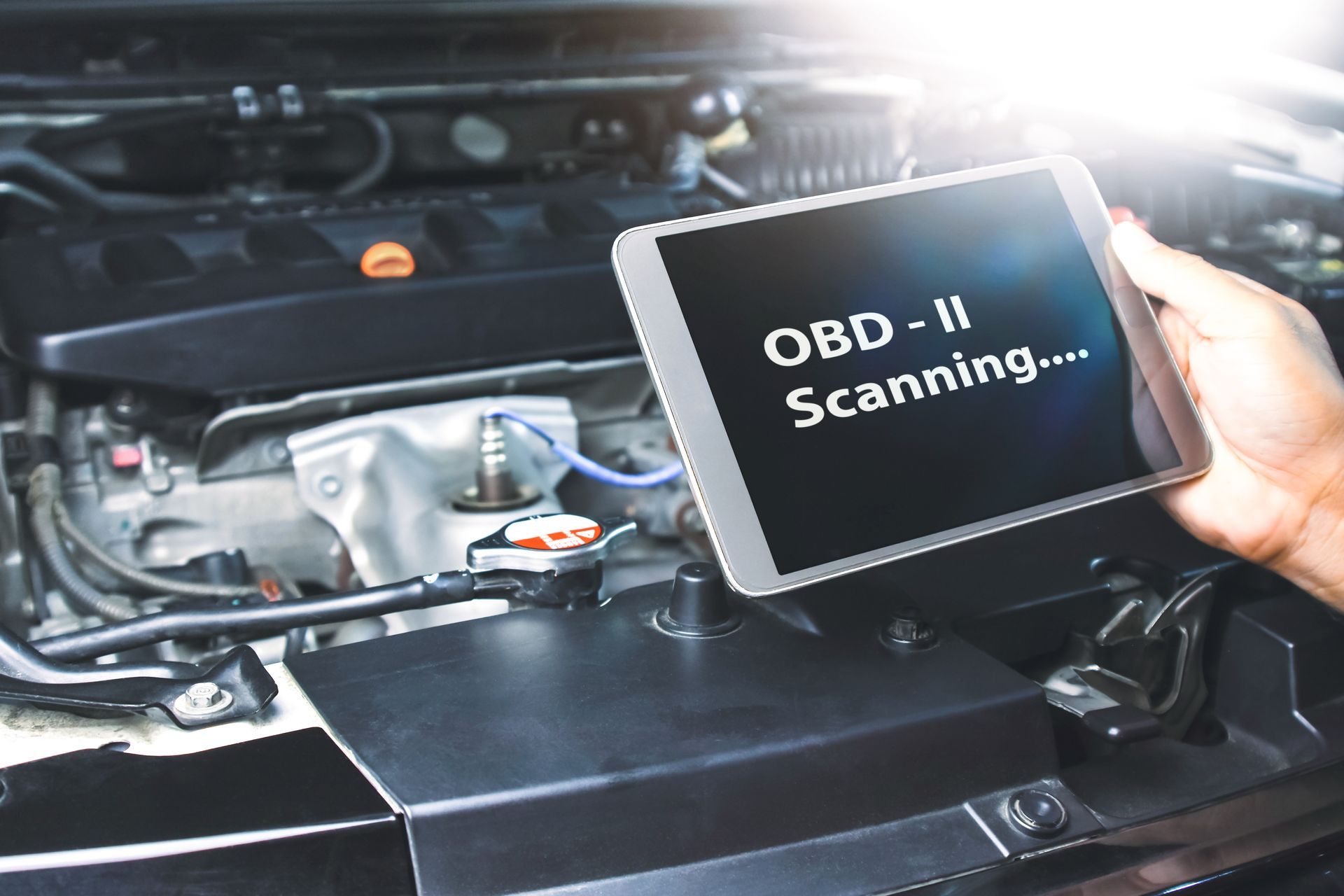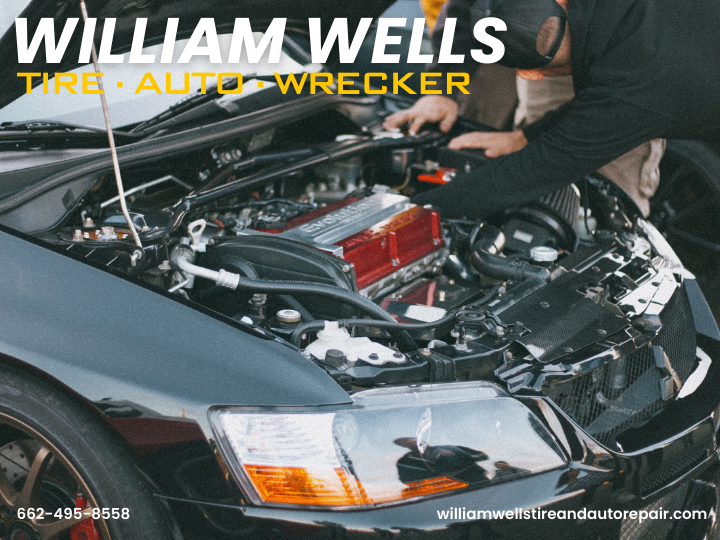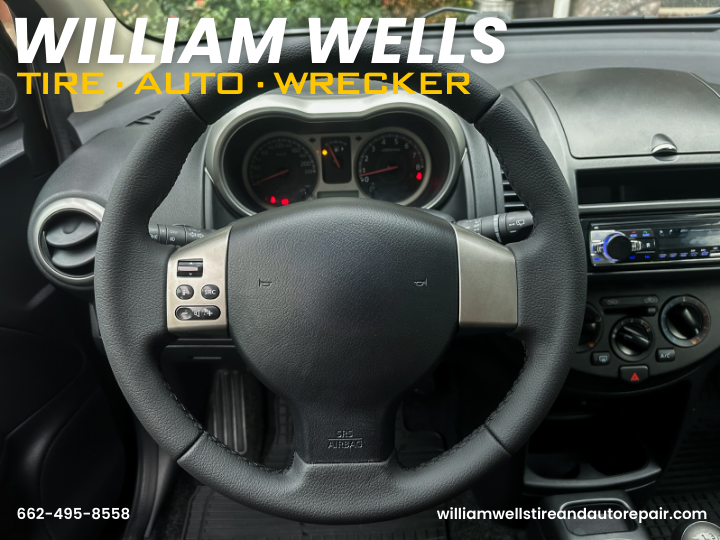How can I tell if my catalytic converter is clogged
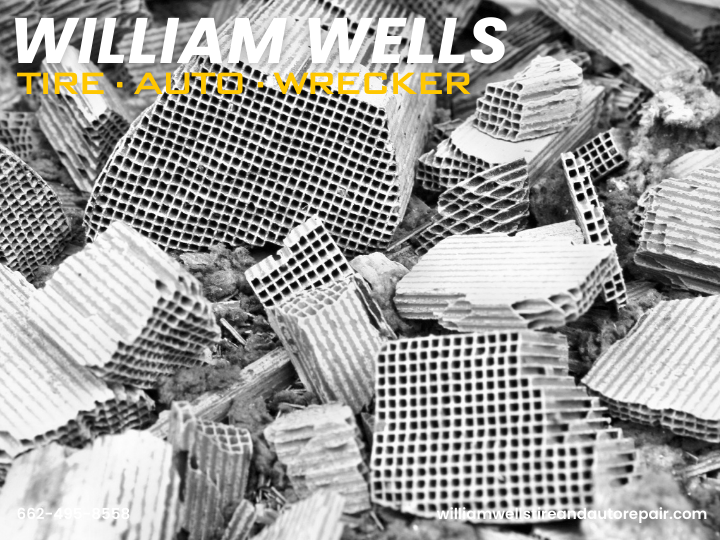
How Can I Tell If My Catalytic Converter Is Clogged?
Introduction: Why Your Catalytic Converter Matters
The catalytic converter may not be the first thing on your mind when you think about car maintenance, but it plays a vital role in performance, safety, and emissions. This small but powerful component sits in your exhaust system, reducing harmful gases before they leave your vehicle. When it becomes clogged, your car may lose power, run less efficiently, or even fail to start.
For drivers in Starkville, Columbus, West Point, and across the Golden Triangle, understanding the warning signs of a failing catalytic converter can help you prevent breakdowns and avoid costly repairs.
This guide will explain:
- What the catalytic converter does.
- The warning signs of a clogged converter.
- How technicians diagnose converter problems.
- Common causes of failure.
- The risks of ignoring symptoms.
- What to do if you suspect your catalytic converter is clogged.
What Does a Catalytic Converter Do?
Your catalytic converter is located between your engine and muffler in the exhaust system. Inside is a honeycomb structure coated with precious metals (platinum, palladium, and rhodium) that trigger chemical reactions. These reactions convert toxic gases like carbon monoxide, hydrocarbons, and nitrogen oxides into safer emissions like carbon dioxide and water vapor.
When working properly, you don’t notice it at all. But if it becomes clogged, blocked, or damaged, your car will quickly show symptoms that something isn’t right.
Warning Signs of a Clogged Catalytic Converter
1. Loss of Power
One of the most noticeable symptoms is poor acceleration. A clogged converter restricts exhaust flow, creating backpressure that prevents your engine from breathing properly. On roads like MS-12 in Starkville or Highway 82 near Columbus, you may notice your car struggling to pick up speed.
2. Poor Fuel Economy
If your catalytic converter is restricted, your engine burns more fuel to maintain performance. Drivers commuting between West Point and Starkville may notice more frequent fuel stops.
3. Rotten Egg Smell
A strong sulfur or “rotten egg” odor coming from the exhaust usually means the converter isn’t processing gases correctly.
4. Rattling Noises
When the internal honeycomb breaks down, you may hear a rattling sound under your car—most noticeable at startup or while accelerating.
5. Check Engine Light
Modern vehicles monitor catalytic converter efficiency with oxygen sensors. If the system detects a problem, your check engine light will appear, often with codes like P0420 or P0430.
6. Difficulty Starting or Stalling
Severely clogged converters make it difficult for exhaust gases to escape, which can cause hard starting or stalling at idle.
7. Failed Emissions Test
While Mississippi doesn’t require statewide emissions testing, vehicles with clogged converters may still fail local inspections or experience poor drivability.
How Mechanics Test for a Clogged Catalytic Converter
- Backpressure Test – Measures exhaust restriction inside the system.
- Temperature Test – Uses an infrared thermometer to compare temps before and after the converter. A cooler rear reading indicates clogging.
- Vacuum Test – Abnormal vacuum readings can point to restricted exhaust flow.
- OBD-II Scan – Retrieves trouble codes related to converter efficiency.
What Causes Catalytic Converters to Clog?
- Engine Misfires – Unburned fuel overheats and melts the converter.
- Oil or Coolant Leaks – Contaminants coat the honeycomb, blocking airflow.
- Neglected Maintenance – Skipping oil changes, spark plugs, or tune-ups allows issues to build up.
- Frequent Short Trips – Stop-and-go driving in towns like
Starkville, Columbus, or West Point may keep the converter from heating up fully, leading to carbon buildup.
Risks of Ignoring the Problem
- Severe Engine Damage – Backpressure stresses pistons, valves, and gaskets.
- Overheating – A clogged converter can overheat the underside of your car.
- Safety Risks – Losing power when merging onto
Highway 25 or passing on
Highway 45 can put you in danger.
- Complete Breakdown – Eventually, the car may refuse to start at all.
Repair and Replacement Options
- Cleaning – May work if carbon buildup is light.
- Replacement – Often the best solution since most internal damage is irreversible.
- Preventive Maintenance – Fix misfires quickly, use quality oil and fuel, and stay on top of routine services to extend converter life.
At William Wells Tire & Auto in Starkville, Columbus, and West Point, our ASE-certified technicians can quickly determine if your catalytic converter is clogged—or if another problem, like faulty oxygen sensors or ignition issues, is behind your symptoms.
Preventing Catalytic Converter Problems
- Fix engine problems right away—especially check engine lights.
- Maintain proper oil and coolant levels.
- Schedule routine inspections and tune-ups.
- Use the right fuel and oil for your vehicle.
- Take longer drives occasionally to allow the exhaust system to reach full temperature.
Local Relevance: Golden Triangle Driving Conditions
Driving habits and conditions in Starkville, Columbus, and West Point contribute to catalytic converter stress. Stop-and-go traffic around Mississippi State University, frequent short trips between towns, and rural driving on Highway 50 or MS-182 all create conditions where deposits can build up. If you notice sluggish performance on your daily commute or rattling noises while driving through the Golden Triangle, it’s a good idea to have your catalytic converter inspected.
Conclusion: Don’t Ignore the Signs
The catalytic converter is critical for your vehicle’s performance, safety, and emissions. Recognizing early warning signs—like reduced power, rotten egg smells, rattling, or a check engine light—can save you from bigger problems down the road.
If you suspect your catalytic converter is clogged, visit William Wells Tire & Auto. With convenient locations in Starkville, Columbus, and West Point, our team provides expert diagnostics, honest recommendations, and high-quality repairs for drivers across the Golden Triangle region of Mississippi.
You can watch the video


